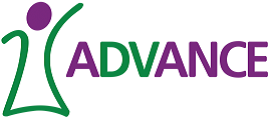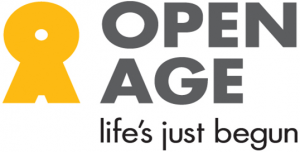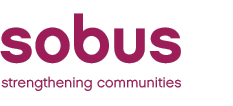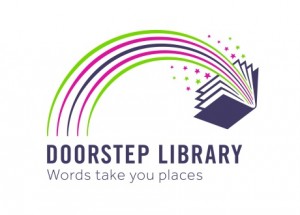Security mark your bike free of charge
We regularly set up engagement stalls offering advice as well as free security marking and registration onto BikeRegister’s online database.
Registering your bike helps police and retailers identify and verify the legitimate owner of bikes that have been stolen or are being resold.
Come along to any of our marking events below;
8th February 2016 10:00 – 14:00 London South Bank Uni Ontario street SE1 6NG
12th,13th&14th February 2016 9am -5pm Cycle show Excel centre E16 1XL
18th February 2016 07:30 – 09:30 Chelsea Creek SW6
23rd February 2016 07:30 – 09:30 Vine Street Bridge EC1R
24th February 2016 07:30 – 09:30 Bonner Bridge Victoria Park E3 5TB
25th February 2016 07:30 – 10:00 Battleship Place Kingscross Station
26th February 2016 07:30 – 09:30 Wellington Arch W1J 7JZ
1st March 2016 07:30 – 09:30 The Cut Junc With Waterloo SE1
3rd March 2016 07:30 – 09:30 Beadon road W6 0EA
10th March 2016 07:30 – 09:30 Victoria and Albert Museum SW7 2Rl
15th March 2016 07:30 – 09:30 Shepherds Bush Green W12 8PH
17th March 2016 07:30 -09:30 Burrell Street SE1 0UN
Please visit your local Safer Transport Team website, for details of local cycle marking events.






